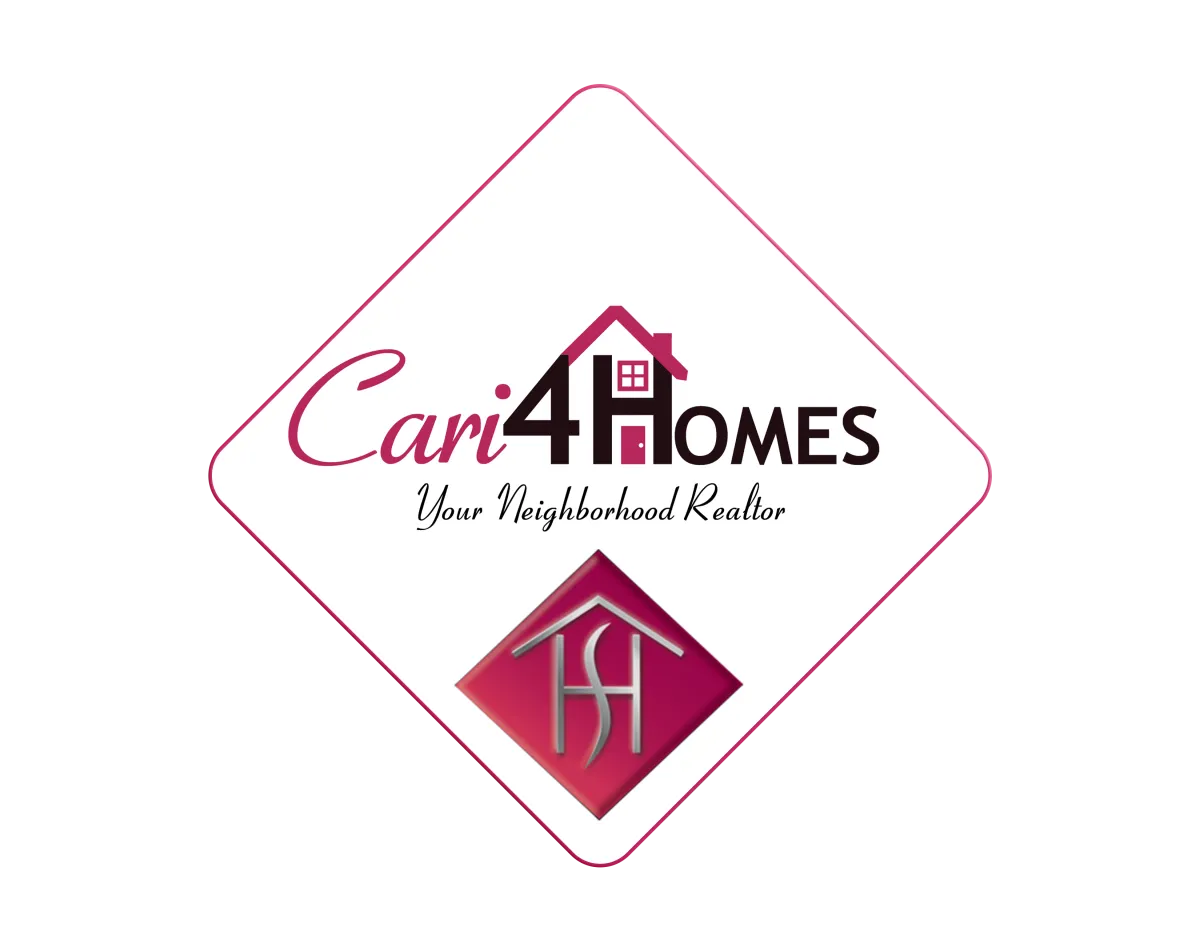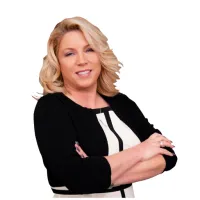Sellers Area
Know Why You are Selling
If you know exactly why you are selling then it is easier for you to follow the right plan of action for getting what you want.
If you are a seller who needs to close a sale as quickly as possible, then you should know that getting the highest price possible is not one of your priorities. It does not mean that you won’t or cannot get the highest price, but it means that the price is not the deciding factor.
A buyer who can give you a quick closing time will appeal much more to you than a buyer who can offer you more money but the negotiation and closing time drag on.
It’s always good to know how low you will go, in terms of selling price. This will help to eliminate some of the offers that you find simply offensive or ridiculous. Even though you should consider all offers seriously and take into consideration the terms of each offer, sometimes, if you know the bottom line and are strict about it, you can save yourself time.
Once you know what your limits and reasons are, discuss them with your broker so that they can help you set your goals realistically. If you decide to list your home on your own, make sure you do research on the current market, and you get the proper advice you need in terms of legal issues, etc. The key is to be realistic and to know what your goals are so they can be met.
Questions About This Property
Plan of Action
Analyze why you are selling – If you understand your motives, you will be able to better negotiate and to get what it is that you want, whether it be a quick sale, high price, or somewhere in the middle.
Prepare your home for the buyer – Maximize the strengths of your property and fix up its weaknesses. You want the buyer to walk away from your home with a lasting good impression.
Find a good real estate broker that understands your needs – Make sure that your broker is loyal to you, and can negotiate to help you achieve your goals. In addition, they should be assertive and honest with both you and the buyer.
Be prepared for negotiation – Learn and understand your buyer’s situation; what are their motives? Can you demand a big deposit from them? Try to lock in the buyer so that the deal goes through.
Negotiate for the best price and the best terms – Learn how to counteroffer to get maximum value from every offer.
Make sure the contract is accurate and complete – Be honest with your disclosures; you do not want to lose the deal because you were lying or diminishing your home’s defects. Insist the buyers get a professional inspection. This will protect both you and the buyer.
Finding the Right Broker
Not all brokers work the same way. The most important attribute of an broker is that he/she is well connected to the real estate industry. He/she should know the market and provide information on past sales, current listings, his or her marketing plan, and at least 4 solid references. In addition, you also want to look for a broker that is honest, assertive, and one that best understands your needs.
Try to go with a local broker. They can better serve your needs because they should be more familiar with the local market conditions, local prices, and what’s hot or not in your community.
Considering Offers
When reading an offer, keep in mind that you are out to get the best price AND the best terms for you. If you focus solely on the price, you may overlook terms that could be favorable to you as a buyer.
Some terms that may work in your favor:
higher-than-market-interest in a second mortgage for your home
the buyer will pay for most or all of the closing costs
the buyer will take care of any repairs
quick close – the buyer is pre-approved , ready to close in a timeframe that best suits you
all-cash deal
When reading through offers, remember to look at the whole package. Take the time that you need to assess what is being offered and if it meets your needs.
SEARCH FOR HOMES

Meredith Whitney’s Latest Warning
Meredith Whitney’s Latest Warning: What a Split U.S. Economy Means for Southern California Homeowners

Meredith Whitney warns of a “bifurcated economy,” stagflation, and surging equity loans. Here’s what it all means for your neighborhood.
Introduction
A friend sent me this article late yesterday — technically, it’s yesterday’s news. But when it’s Meredith Whitney, the famed analyst who predicted the 2008 crash, deliver a warning this urgent, it’s worth talking about today.
Whitney is calling it a “bifurcated economy”. A scenario where some households are doing alright, while most are struggling. The trends she highlights rising home-equity loans, stagflation-like pressures, stagnant housing turnover don’t just point to economic risk. They point to real life, here in Southern California.
Let’s unpack what she’s saying, why it matters more than ever, and how it’s playing out in Burbank, the Valley, L.A., and beyond.
1. Meredith Whitney: The Analyst Who’s Been Right Before
Whitney rose to prominence in 2008 when she warned of severe risk in banking long before the crash. Now, she suggests that the U.S. economy is heading toward something she calls a “bifurcated” state.
2. What Is a “Bifurcated Economy”?
Essentially, Whitney argues that while affluent households continue to spend, wage pressures, inflation, and declining stability are overwhelming most families—especially those in hospitality and leisure sectors, which employ a large share of lower-wage workers.
This uneven stress creates a disconnect: some households retain spending power, but a growing majority finds themselves in recession-like conditions, even if the broader economy doesn’t show it.
3. The Stagflation Equation
Whitney warns of stagflation — a dangerous mix of stagnant growth and rising prices. Inflation remains sticky, unemployment fears linger, and consumer confidence is fraying.

This isn’t abstract headline risk — we’re already seeing it: price increases hitting everyday essentials, rising insurance costs (some up 61% over five years), and noticeable shifts in spending habits:
4. Home Equity: The Unexpected Safety Valve
One of the most striking details Whitney highlights is the surge in home equity loans, especially among seniors. Instead of downsizing, many homeowners are borrowing against their homes to get by — worsening the housing shortage and masking liquidity issues.
Further confirming this trend, a national survey shows nearly 30% of U.S. homeowners considered tapping home equity in the next 12 months.
But not all equity is growing. While total senior-held home equity was massive—around $13.95 trillion in Q4 2024—it did drop 1% due to declining home values and increased senior mortgage debt.
5. Why This Matters to Southern California and Burbank
Let’s get hyper-local:
Slow Sales & Soft Prices: In Southern California, home price growth has nearly flatlined; listings are still pulling back.
Skyrocketing Inventory: Inventory is finally rising, especially in L.A.–Orange County, stretching buyer demand.
Forecasted Value Pullbacks: Zillow projects home values may drop by 1.2% in L.A. over the next year; SF and San Jose forecast steeper declines.
Why Prices Aren’t Crashing—Yet: Rising inventory isn’t enough for a collapse. Sales remain slow, yes, but affordability remains tight.
Local Cost Pressures: In places like Burbank, nearly 29% of residents spend over half their income on rent. Single-family homes have crossed the $1 million mark.
Tariffs & Proposition 13: Factors like unpredictable tariffs and Proposition 13's hold on property tax structure are keeping the market sluggish.
6. A Day in the Life: What Is This Doing to Real People?
Across Burbank and beyond:
Seniors who were house-rich but cash-poor are now borrowing equity just to pay day-to-day costs like insurance and groceries — many feel trapped.
Small business owners on Magnolia or San Fernando Blvd tell me sales are down — regulars don’t have extra money for coffee or impulse buys.
Renovators are pausing projects; contractors report fewer calls, even with lower material costs because people are stretched too thin to spend.
7. What Should You Be Thinking About? (Not Advice, Just Context)
If You Own a Home: Stay informed. This rise in equity tapping signals both risk and opportunity.
If You’re Thinking of Buying: Higher inventory + slowing prices could mean negotiating leverage.
If You Watch the Neighborhood: Watch for businesses shifting hours or condos removing upgrades—they’re often early indicators.
Conclusion: This Is Bigger Than Housing
Meredith Whitney’s analysis isn’t about clickbait. It’s about what’s happening to everyday people. It’s not just headlines; it’s about neighbors, small businesses, seniors, and kids who can’t find affordable apartments.

Question for you: How does it feel where you live? Are people turning to equity? Are local shops slower?
Drop your stories in the comments — because real change starts when we share what’s happening on the ground.
Stay Connected!
Thank you for reading! Follow me on social media and YouTube for more tips, updates, and behind-the-scenes moments. Let’s stay in touch!
📍 Instagram: https://www.instagram.com/cari4homes/
📍 Facebook: https://www.facebook.com/cari4homes/
📍 LinkedIn: https://www.linkedin.com/in/cari4homes/
📍 YouTube: www.youtube.com/@SanFernandoValleyHomes
Subscribe, comment, or send me a message—I’d love to hear from you!
Daily Real Estate News 4 You - That Actually Affects You—Right Here in SoCal.
For Sale By Owner – A Good Idea?
FSBO (pronounced fizz-bo), or For Sale By Owner, is a way of selling your home without the use of a professional real estate broker. The idea behind FSBO is that by selling your home yourself, you save the approximate 6% that would be the agents’ commission.
6% may not sound like a lot, but it can add up, especially on more expensive homes. But before you run off and decide to sell your home FSBO, you must remember that to get savings like that, there must be a cost. So what’s the catch? Selling FSBO is hard. A lot harder.
Only about 10% of sellers that decide to do FSBO are successful at it. And not all of them end up saving themselves money. FSBO sellers often end up accepting a lower price for their home than they would with a broker.
There are of course other issues as well. Can you afford to make selling your home your full time job? Because for a lot of FSBO sellers, that’s exactly what it is. Do you have the time and capital to spend on the marketing, advertising, inspections, paperwork, phone calls, showings, and problems that come up when any home is sold?
Selling with a professional broker also has other advantages. A broker can get your home listed on the MLS (Multiple Listing Service) and other popular websites where not only homebuyers but also other brokers can easily find it. Professional real estate broker also have an extensive network
that allows them to more easily find a buyer.
So before you decide to sell your home yourself, thoughtfully consider just how much time and effort you can spare for selling your home, as well as how important it is that your home sell sooner rather than later.
Setting the Price
The price is the first thing buyers notice about your property. If you set your price too high, then the chance of alienating buyers is higher. You want your house to be taken seriously, and the asking price reflects how serious you are about selling your home.
Several factors will contribute to your final decision. First, you should compare your house to others that are in the market. If you use a broker, he/she will provide you with a CMA (Comparative Market Analysis). The CMA will reflect the following:
houses in your price range and area that were sold within the last half-year
asking and selling prices of houses
current inventory of houses on the market
features of each house on the market
From the CMA, you will learn the difference between the asking price and selling price for all homes sold, the condition of the market, and other houses comparable to yours.
Also, try to find out what types of houses are selling and see if it applies to your area. Buyers follow trends, and these trends can help you set your price.
Always be realistic. Understand and set your price to reflect the current market situation.
Getting the Highest Price in the Shortest Time
In order to get the highest price in the shortest time, you need to know how to market your home. The better you market your home, the more offers you will get. And the more offers you get, the more choices you have to get the price and terms you want.
The most important factor of marketing your home is pricing it right. Your price should be adjusted to reflect the market and your property’s worth. The key is to get as many people as possible checking out your fairly priced property. If your property is not priced fairly, there are
no buyers because your price is set too high.
Another important factor is the condition of your home. Make sure that your home looks ready to be sold. Fix any defects (peeling or faded paint, cracks, stains, etc.) Condition alone can sometimes prompt fast buying decisions. Not only should you fix any defects, but consider
upgrading your home by making major repairs and cosmetic improvements before selling. A nice looking home triggers the emotional response that can lead to a financial response.
Learn how to negotiate the best terms for all parties involved. Terms are another factor that may be adjusted to attract buyers. If you insist on getting your asking price, think of what you can offer to the buyers. For example, improvements you’ve made or even offering seller financing at
a lower than market interest rate on a portion of the sale price. Convince them why they should be paying the price you have set.
Lastly, get the buzz out about your home. List your house with a hot broker that ensures your house is listed on the MLS and on the Internet. On your own, get the word out. It should always be visible to passersby that your house is for sale, whether it is through signs, local advertisements or you telling friends, family, and acquaintances.

10153 Riverside Drive, Toluca Lake, CA 91602
Copyright © 2023 Cari4Homes. All Rights Reserved. Privacy Policy







